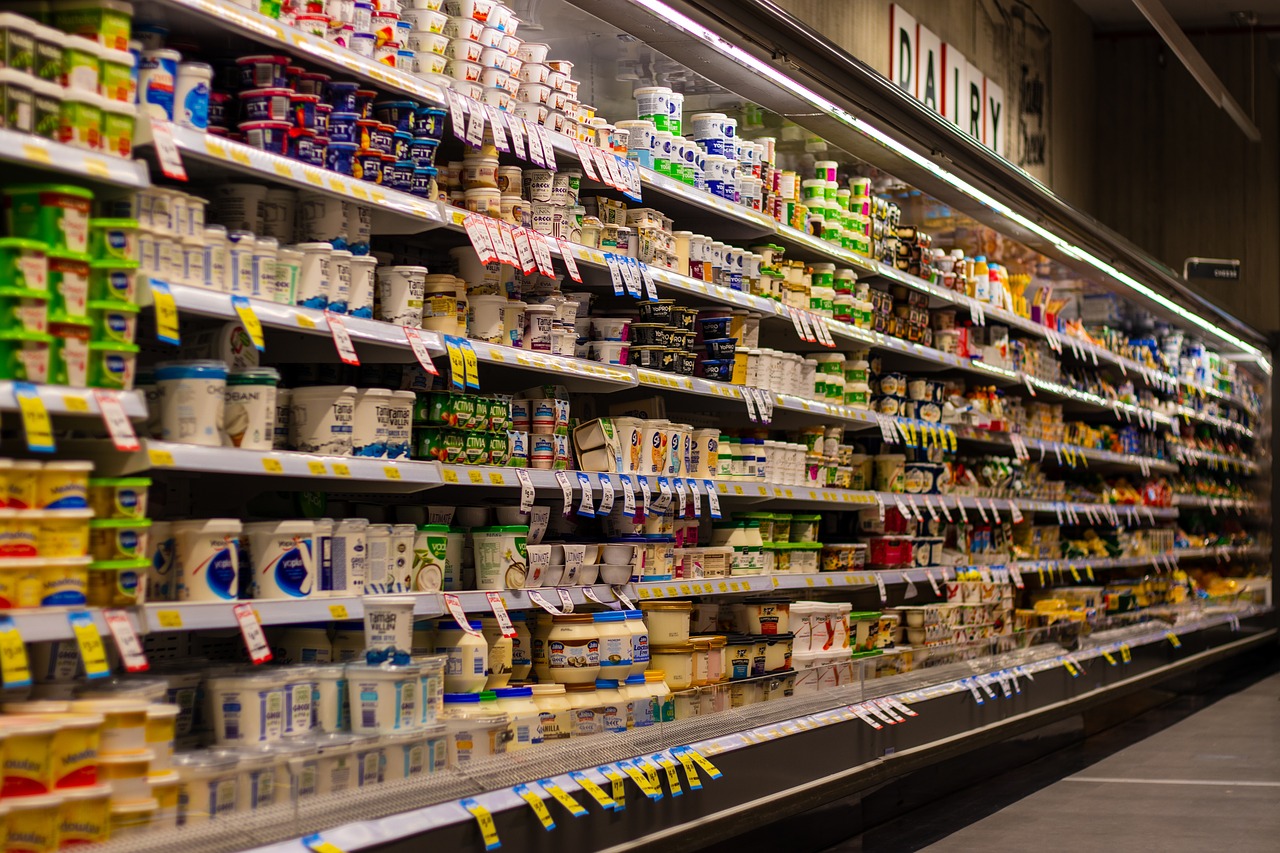
By JOHN WILSON
Courtesy the Kansas Reflector
This Saturday, we celebrated Kansas Day, noting our state’s beginnings and contributions to this nation. We have much to be proud of — our fields are rich with wheat, corn and soybeans, and our pastures are filled with cattle. The state has ample food produced right here in our communities.
But despite Kansas’ food production, 1 in 8 Kansans and 1 in 6 Kansas kids go hungry. It’s a staggering statistic, and one we have to address.

The issue isn’t new, but it certainly has been exacerbated by the COVID-19 pandemic. For instance, food insecurity in Kansas increased from 12.1% to 14.1% during 2020. That’s an extra 58,000 people in our state who likely don’t know where their next meal may come from.
Right now, we pay the second-highest state sales tax on food in the entire nation. This legislative session, lawmakers have the opportunity to help these hungry Kansas families put food on their tables. Four bills have already been introduced — two in the House and two in the Senate — that would eliminate the 6.5% state sales tax on food.

The change would save an average Kansas family of four approximately $500 each year. For families living on low or moderate wages, the effect will be particularly significant, helping them stretch their budgets to pay for more nutritious foods and other basic necessities.
The proposal has broad bipartisan support, as we captured in a letter directed to legislative leadership signed by hundreds of organizations and individuals across the state. These organizations include food pantries, child care agencies, food security groups, faith-based organizations and many others united by a single goal: ending the state sales tax on food in Kansas.
Ending this tax will help those in large cities pay for historically high housing costs. It will help the economies of rural border communities. It will help families feed their children. It will help individuals who must live off a single low-wage income.
While we may differ in our reasonings for supporting this policy, we stand united in our efforts to make this change a reality for all Kansans.
Last week, the House Taxation Committee held hearings on two bills — HB 2484 and HB 2487 — that would eliminate this tax. On Tuesday, the Senate Committee on Assessment and Taxation held hearings on SB 339 and SB 342, which are identical to the House bills. We need these lawmakers to commit to a straightforward, fiscally responsible bill that will improve the lives of all Kansans, and they must not add expensive items that will harm the state budget that we have worked so hard to repair over the past five years.

The state of Kansas predicts a considerable surplus for the coming fiscal year, and we know Kansas can afford to completely end this tax and still pay its bills in the long term. Lawmakers on these committees must continue to center these bills on benefitting every person that lives in Kansas — not as vehicles to benefit the wealthy and well-connected.
We’re pleased to note, too, that the Legislature is considering two other bills that would directly help Kansans in need become eligible for food assistance. HB 2215 would remove the ban on individuals with felony-level drug convictions from receiving SNAP benefits, helping them focus on integrating into society rather than on suffering from a lack of food.
HB 2525 would remove the child support cooperation requirement to access food and child care assistance, as well as exempt students from the 20-hour-per-week work requirement. This bill would help remove counterproductive barriers so parents can provide for their children, concentrate on school or work, and achieve financial stability and independence.
These are just three immediate ways the Kansas Legislature can help hungry Kansans put food on their tables. I’m grateful for how far these bills have come just in the first month of the 2022 legislative session. However, the work is just beginning.
I hope the bipartisan support these ideas have in the Legislature remains strong this session. Kansas Action for Children and our partners from across the state will do all we can to see them become law.
John Wilson is president of Kansas Action for Children.






